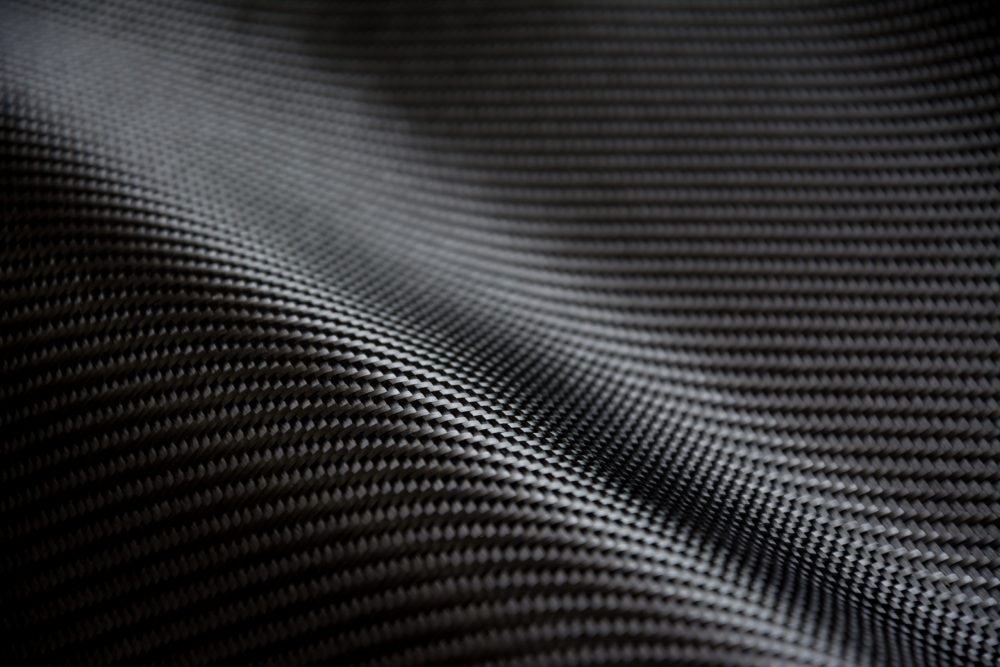


Richard Weikart on Darwinian Racism, Eugenics, and Slavery

Richard Weikart on How Darwinism Fueled Scientific Racism

James Tour and Stephen Meyer on the Origin of Life, Pt. 3

James Tour and Stephen Meyer on the Origin of Life, Pt. 2
On this episode of ID the Future, James M. Tour and Stephen C. Meyer begin a discussion about the hard problems facing researchers trying to discover how the first life could have come about naturalistically. Meyer is the director of the Center for Science and Culture; Tour is a world-renowned synthetic organic chemist with over 700 research publications and multiple major recognitions, including TheBestSchools.org naming him one of the 50 most influential scientists in the world today. Though he doesn’t sign on to ID theory, he says he’s sympathetic with the idea, and certainly not impressed with any naturalistic explanations for the origin of life. In this first of a three-part series, they explore problems ranging from the extreme improbabilities associated with protein assembly, Read More ›

James Tour and Stephen Meyer on the Origin of Life, Pt. 1
On this episode of ID the Future, James M. Tour and Stephen C. Meyer begin a discussion about the hard problems facing researchers trying to discover how the first life could have come about naturalistically. Meyer is the director of the Center for Science and Culture; Tour is a world-renowned synthetic organic chemist with over 700 research publications and multiple major recognitions, including TheBestSchools.org naming him one of the 50 most influential scientists in the world today. Though he doesn’t sign on to ID theory, he says he’s sympathetic with the idea, and certainly not impressed with any naturalistic explanations for the origin of life. In this first of a three-part series, they explore problems ranging from the extreme improbabilities associated with protein assembly, Read More ›

Carbon Valley Trumps Silicon Valley
On this episode of ID the Future from the vault, we hear from two contributors to the Crossway anthology, Theistic Evolution: A Scientific, Philosophical, and Theological Critique, Molecular biologist Douglas Axe and philosopher of science Stephen Meyer explain how Carbon Valley Trumps Silicon Valley, and shouts intelligent design. They compare some of today’s technological marvels to living technology, and show how even “simple cells” far exceed even the best silicon valley has to offer.

Intelligent Design: The Canary in the Cancel Culture Coal Mine
On this episode of ID the Future, Rob Crowther speaks with David Klinghoffer, editor of Evolution News and Science Today, about contemporary “cancel culture” that’s attempting to push disfavored ideas and people out of the public square, and how the cancel-culture phenomenon struck intelligent design long before cancel culture was a household term. The term — and the movie title — more commonly used in ID circles has been “expelled.” It’s happened to Richard Sternberg, Günter Bechly, Douglas Axe, and other ID-friendly researchers, to the point that many ID-sympathizing scientists have to hide their beliefs to protect research funding and careers. Klinghoffer emphasizes that this isn’t just a debate off in the corner. Rather, ID is a “hard-core truth,” meaning it’s one of those on Read More ›

Omega-3 Nutrition Pioneer Tells How He Saw Irreducible Complexity in Cells 40 Years Ago
On this episode of ID the Future from the vault, Jørn Dyerberg, the Danish biologist and co-discoverer of the role of omega-3 fatty acids in human health and nutrition, talks with Brian Miller about finding irreducible complexity in cells 40 years ago.
Read More ›
New Origin-of-Life Proposal Revives a Hopeful Monster
On this episode of ID the Future, host Eric Anderson talks with scientist and fellow engineer Rob Stadler about a recent origin-of-life paper and how the authors paint themselves into a corner. The context for the paper is this: Decades of research have undermined the three great hopes for a purely naturalistic origin of life — scenarios starting with some sort of metabolism, scenarios starting with some kind of membrane, and scenarios starting with RNA. All three are necessary for cellular life; none seems able to have come ahead of the others. So now some recent work described in an article in New Scientist suggests it all happened at once in a sort of “chemical big bang.” It’s the return Read More ›